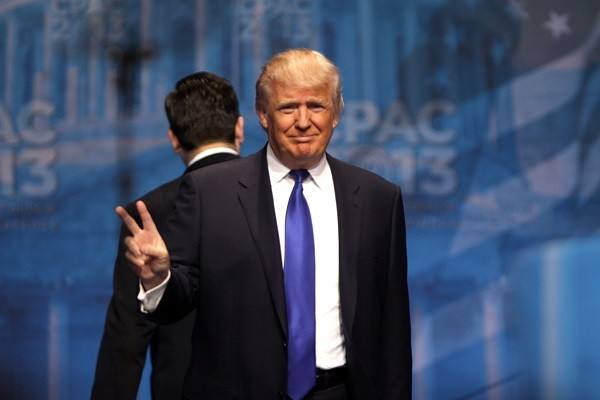- News|Market Information
China defines the world 5G network standard
Add Date:02-06-2018
-
China's definition of the world's 5G network standards has caused serious anxiety in the United States, and Trump wants to nationalize 5G networks
2G run, 3G run, 4G lead, in the past 10 years, China's communication technology development by leaps and leaps, has comprehensively crushed the United States to become the world's first, the global communication of the first gold chair is also being transferred from Europe's Ericsson, Qualcomm and other companies to China's Huawei.

Mr. Li Haigang, a well-known communications industry analyst and founder of Geeknet, said on many occasions in public that whether the United States is willing to admit it or not, China has become the global leader in 5G communication technology, and it is no surprise that in the next few years, China will fully define the world's 5G network standards, which means that the era of the United States monopoly of global communications discourse will be gone.
China's increasing voice in the 5G field has caused serious anxiety in the US government. Recently, a memo and PPT of a meeting of the US National Security Council disclosed by the US media showed that in order to cope with China's advantage in 5G network infrastructure, some experts at the meeting proposed to the US government the nationalization of 5G networks.
China's definition of the world's 5G network standards has caused serious anxiety in the United States, and Trump wants to nationalize 5G networks
Relevant documents show that the general idea of the program is: funded by the US government, the next three years to build a nationwide 5G network. The core rationale: a nationalized U.S. 5G network might indeed, in theory, provide a better response to Chinese government intrusion. Zhu Fei, editor-in-chief of Geek.com, said that if the plan is implemented, it will mean that the United States will nationalize the communication infrastructure in an unprecedented way. In other words, the United States wants to build a nationalized 5G network in order to compete with China.
Once the plan was disclosed, it immediately triggered a big discussion among relevant stakeholders in the United States, and major American operators have come out against the proposal. The reason is simple, these operators have invested huge research and development funds in the past few years to develop their own 5G network technology, hoping to get a share of the market when the market explosion period comes. A little more ambitious operation, but also want to seize the opportunities of the new era, to become an industry leader. However, if the US government once strongly intervenes, fully dominates the construction of 5G networks, and nationalizes 5G networks, the earlier strategic layout of these operators will be completely broken, and the early investment is likely to be wasted.
In response, the Federal Communications Commission issued a statement saying that it does not favor nationalizing 5G networks. The White House spokesman also said that the nationalization of the 5G network is only a proposal discussion, and there is no concrete implementation plan. Obviously, the Trump administration is indeed considering nationalizing 5G networks, but in the United States, which advocates a free market economy, nationalizing 5G networks is not a simple matter. Trump has a lot of work to do if he wants to go much further down this road.
In fact, not only are U.S. carriers opposed to nationalizing 5G networks, but many U.S. officials are also not in favor of the proposal. Democratic Senator Mark Warner, vice chairman of the Senate Intelligence Committee, said he considered the proposal for a separate federal government network to be "costly and duplicative." Rep. Greg Walden, the Republican chairman of the House Energy and Commerce Committee, opposed the proposal, saying, "We don't need to let the government run everything," noting that government data has been hacked, but more importantly that 5G networks are "secure."
Although the United States' nationalization of 5G networks is likely to be aborted, their efforts to compete with China for global network discourse will not diminish. It is not difficult to foresee that in the next few years, the United States will continue to increase its support for local communications companies, and American manufacturers such as Ericsson, Cisco, Juniper will usher in a new period of opportunity, while Chinese manufacturers represented by Huawei will usher in stricter scrutiny and blockade in the United States in the future.
The 5G war between China and the United States is a topic worthy of long-term attention, and Geek network will continue to follow the report. It remains to be seen how the US nationalized 5G network will ultimately develop.